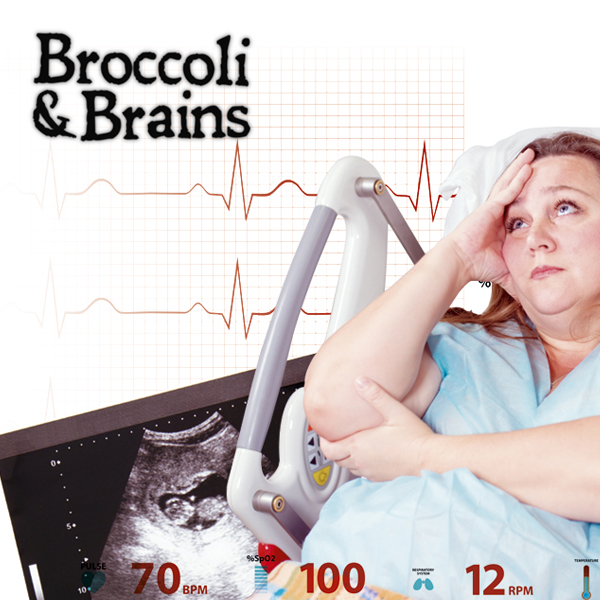Nearly 50% of pregnant women in Britain are overweight of obese, forcing hospitals to install reinforced, oversized “bariatric” beds, chairs and operating tables – and increasing the risk of complications for both mothers and their babies.
This sobering statistic was provided by the Health and Social Care Information Centre and is based on the findings of 80 maternity service providers. Their records of the BMIs of women attending their booking-in appointment throughout the month of October 2015 showed that 19% were overweight and a further 26% were obese.
Obesity in pregnancy increases the risk of complications for both mothers and their children. Obese women have a higher risk of experiencing pre-eclampsia, urinary tract infections and miscarriage. They can also encounter problems with pain relief in labour, such as epidurals. Meanwhile, their unborn babies are at a higher risk of gestational diabetes and are more likely to have a higher birth weight. Research has also shown a link between a pregnancy obesity and the baby experiencing heart disease and type 2 diabetes in adulthood.
Louise Silverton, director of midwifery for the Royal College of Midwives, said: “These latest figures show how much a growing problem obesity in pregnancy has become. Failing to tackle the causes of obesity has serious consequences for women, families and the population as a whole.”
Lisa Squire is a nurse on a hospital postnatal ward and has experienced this disturbing trend first-hand. She says: “I work very closely with mums and their newborn babies. In the last three years alone I’ve noticed that our patients are getting heavier. In the past it was unheard of for mums not to fit in the beds or chairs on the ward, but there have been a few occasions recently where we’ve had to bring in specialist equipment. It’s a real problem, not only for the mothers themselves, but also for their babies.”
At Broccoli & Brains, we know that losing weight is not as simple as “just” eating less and moving more. Everyone, including pregnant women, needs high quality emotional and practical support to tackle the reasons why they overeat – without this, sustaining long-term weight loss is highly unlikely.
Read more on this topic from journalist Tanya Gold, who found herself obese and pregnant.


